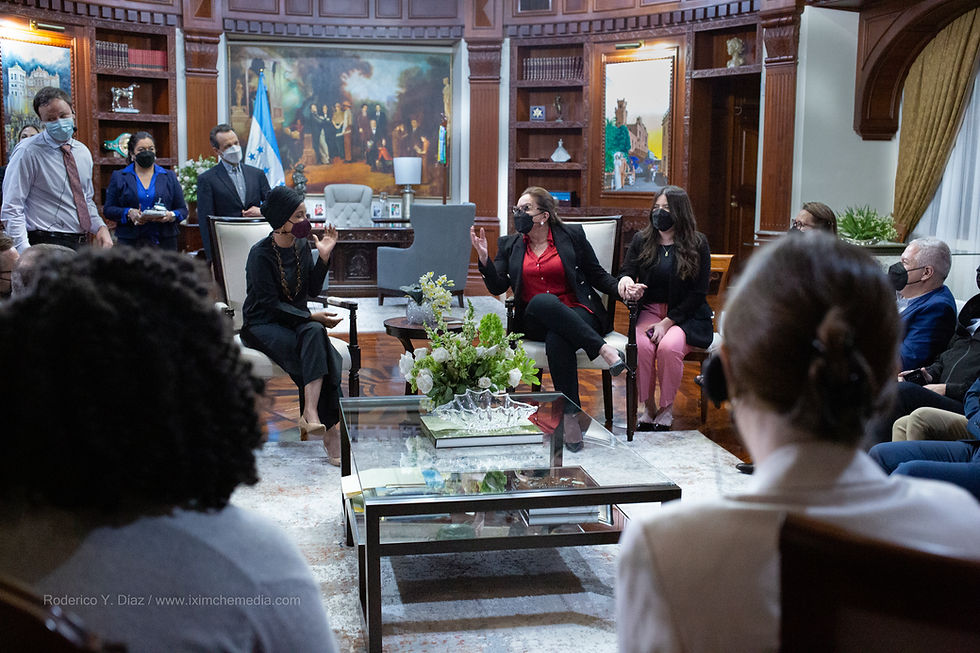Is the Honduras Agreement a Breakthrough?
- Colombia Colombia Team

- Oct 30, 2009
- 2 min read
by Galen Cohee Baynes, Nicaragua International Team
Out of Honduras today come reports that ousted President Manuel Zelaya and representatives of the de facto government headed by Roberto Micheletti have signed a deal that could lead to the restoration of Zelaya to office. The deal stipulates the formation of a “unity government,” the establishment of a “verification commission” composed of two international representatives chosen by the Organization of American States and two national representatives to ensure that the deal’s guidelines are upheld, and a final vote by the National Congress on whether or not to restore Zelaya to power.
Response to the news of the deal has so far been mixed. A communiqué released earlier today by the National Resistance Front, which has organized daily protestsagainst the coup regime over the last four months, celebrated the “people’s victory” represented by the deal, the expected “restoration of President Manuel Zelaya,” and the symbolism of the deal as an “explicit recognition that in Honduras there was a coup d’etat that should be dismantled in order to return to constitutional order.” However, for many that have been involved in the struggle for the return of democracy in Honduras, questions abound surrounding the true intent of the deal and what its results will ultimately be.
Betty Matamoros of the National Resistance Front expressed concern today that the last-minute deal will serve first and foremost to legitimize the November 29 elections. The ability of the Honduran people to vote freely and fairly in the wake of four months of repression and violence on the part of the de facto government is highly questionable. She also noted that the deal’s signing does not mean an immediate return of Zelaya to the presidency. “First a verification commission needs to be composed, then the Congress has to sign off on the deal, which could be a slow process, and the Supreme Court of Justice might even be involved. We don’t know how long this might take.” The coup regime’s strategy thus far has been reliant on delay-tactics to block Zelaya’s return. If Congress is slow to sign off on the deal, it could mean that the de facto regime retains power in these crucial days and weeks leading up to the elections.
Nectali Rodezno of the Association of Lawyers Against the Coup expresses similar unease with the deal. “This deal will legitimize the elections, but that doesn’t mean it will restore democracy in Honduras.” He also questioned the role of the U.S. government in formulating the agreement. Assistant secretary of state for Western Hemisphere Affairs Thomas Shannon and two other government representatives have been in Tegucigalpa in recent days and were influential in brokering the agreement. After four months in which ambiguity on the part of the U.S. allowed the coup regime to maintain power, Mr. Rodezno is wary of a deal that makes the U.S. negotiators out to be “saviors.” The coming days will reveal how serious a push for the restoration of democratic and constitutional order in Honduras this agreement truly constitutes.
Meanwhile, the violent repression of protests in Tegucigalpa continues, with military and police firing tear gas on demonstrators in the capital yesterday.




Comments